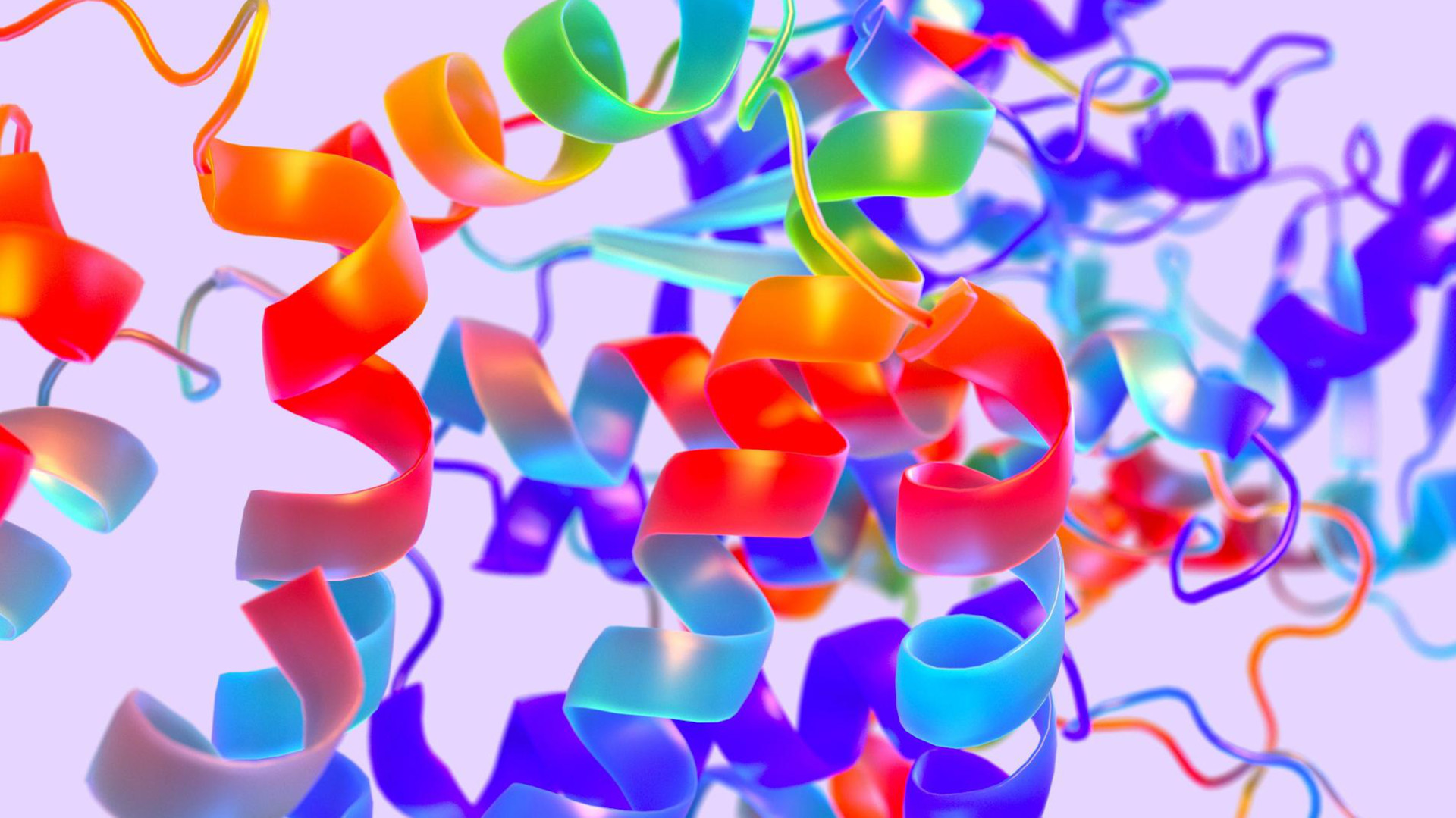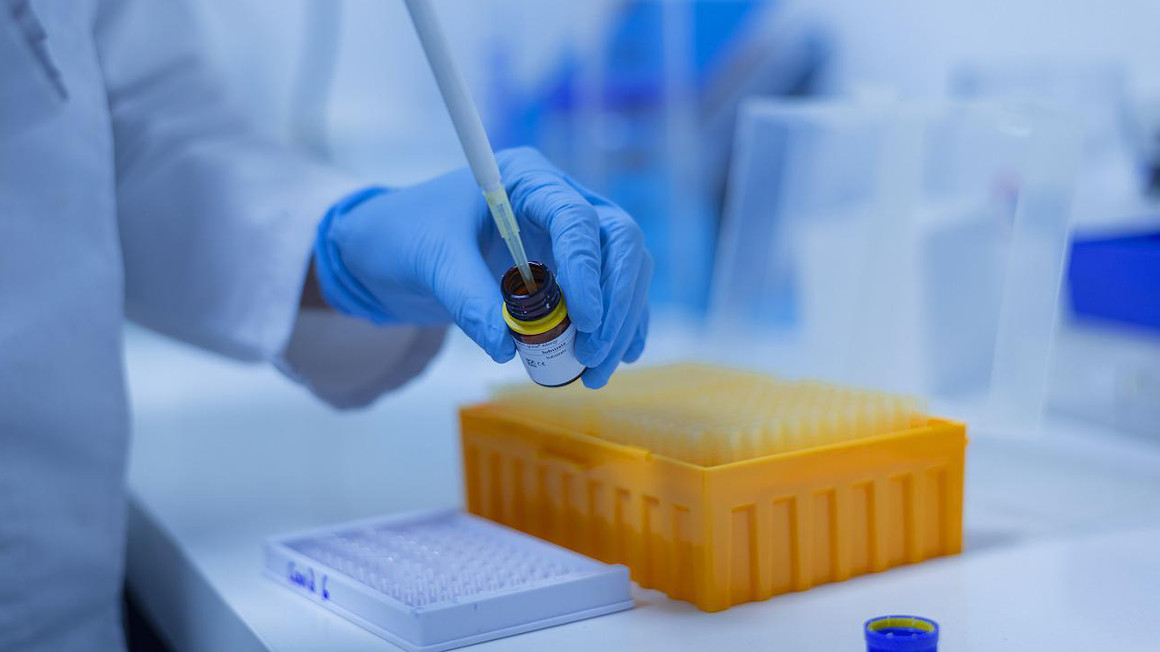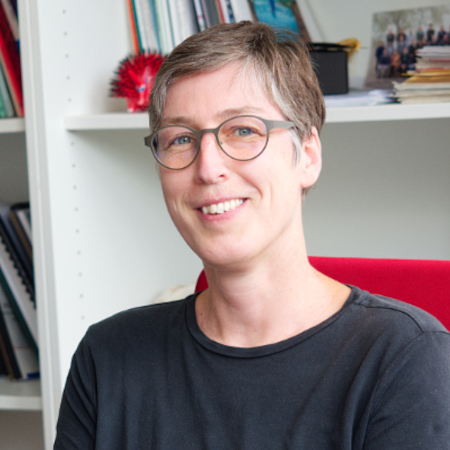Bioeconomy International: Looking back and forward in Bonn
The first cooperation projects of the BMBF's Bioeconomy International funding measure were launched ten years ago. To mark the anniversary, the BMBF hosted a conference in Bonn. The upcoming round of calls for proposals was also discussed there.
In view of global challenges, markets and trade relations, a sustainable bioeconomy can only succeed through international cooperation. In 2012, the Federal Ministry of Education and Research (BMBF) launched the "Bioeconomy International" initiative ("Bioökonomie International"), with the first projects starting the following year. Research alliances between German players and partners from non-EU countries are supported. The aim is to strengthen research cooperation with the world's best and tap into international innovation potential.
Adjacent to the Bonn government district
Sharing a wealth of experience and exchanging know-how - that was the focus of the "10 Years of Bioeconomy International" conference on November 14 in Bonn. The BMBF hosted the event in the Design Offices in the high-rise building on Neuer Kanzlerplatz. Around 90 participants gathered in the office complex in the immediate vicinity of Bonn's government district. The conference was organized and held by the project management agency Jülich and the information platform bioökonomie.de. The new BMBF brochure "Bioökonomie International" was published to coincide with the conference and was available on site in printed form.
Global knowledge with added value
The conference was moderated by Stefan Rauschen from the Bioeconomy Division of Project Management Jülich. Oda Keppler, Head of the Department of Sustainability and Future Provision at the BMBF, said that in view of the 125 funded collaborative projects from 21 partner countries, Bioeconomy International had brought together the global research and innovation landscape in an impressive way. 286 articles had been published in specialist journals, often involving stakeholders from countries that were not supported as part of the funding measure. "This is research with added value," said Keppler.
A global world needs global perspectives in order to become sustainable. For this reason, the BMBF's funding of around 74 million euros to date is money well invested in international bioeconomy research. "We are thus making a contribution to achieving the UN Sustainable Development Goals – and some of the missions of the Federal Government's Future Strategy for Research and Innovation."
In his keynote speech, Markus Wolperdinger, Director of the Fraunhofer Institute for Interfacial Engineering and Biotechnology IGB, spoke about bioeconomy as a global concept that is well established in Europe, but is currently being massively promoted in the USA and China in particular. As a member of the Bioeconomy Council, Wolperdinger addressed the advisory body's recommendations for the implementation of the National Bioeconomy Strategy.
Eight lighthouse projects illustrate the diversity of topics
In two sessions in the morning, a total of eight lighthouse projects from the past eight rounds of calls for proposals were presented. Marion Ringel from the Technical University of Munich presented the OMCBP project, which the researchers implemented with Canadian partners. The aim here was no longer to extract the active ingredient pseudopterosin from a Caribbean horn coral, but to develop a biotechnological process to synthesize the bioactive substance.
Volker Sieber from the Straubing campus of the Technical University of Munich spoke about his ongoing cooperation with partners from Queensland, Australia. In the BINOM project, the researchers are developing biocatalytic nanomachines. The aim is to achieve cell-free isobutanol production with these enzyme tandems.
Andreas Huft from Fraunhofer UMSICHT reported on the German-Indonesian project CARE, in which the energetic use of rice husk pellets was investigated. Anke Neumann from KIT and project partners from South Africa investigated the bacterial production of hydrogen from industrial waste gases that are rich in carbon monoxide.
Thioarsenates in rice, proteins from the macauba palm
Hermann Broll from the Federal Institute for Risk Assessment (BfR) presented the BioInsectonomy project, which aims to promote the use of insect-based feed in aquaculture. To this end, he is working with partners from Norway and Colombia.
In recent years, Britta Planer-Friedrich's team at the University of Bayreuth has discovered a group of harmful arsenic-sulphur compounds, thioarsenates, in rice grains (Thio-As-Rice). Rice cakes in particular contain high levels of the substance DMMTA. Together with Chinese partners, the Bayreuth team discovered that the concentration of thioarsenates depends in a complex way on the duration of use of the rice soils. "The food authority EFSA has become aware of our findings and will publish a draft opinion in a few weeks," said Planer-Friedrich.
Fabio Fiorani explained how the CASSAVASTORE project researched the root formation of cassava in order to promote the breeding of higher-yielding varieties. The genomes of cassava plants were also sequenced and analyzed. And in the Acrowards project, presented by Christoph Verheyen from the Fraunhofer IVV, the aim was to develop the South American Macauba palm as a resource for food production. The project resulted in several patents and even a start-up and led to several follow-up projects.
Spectacular views
The lunch break in the Rooftop Lounge on the 27th floor of the 101-meter-high high-rise building on Neuer Kanzlerplatz offered participants a spectacular view of the Rhine and Bonn's government district. At the same time, there was plenty of time to talk about their experiences with Bioeconomy International.
In the afternoon, the participants continued in smaller groups and met in four parallel sessions, which were divided according to the continents of the partner countries: South America, North and Central America and Australia, Asia 1 (Vietnam and China) and Asia 2 (other Asian countries and Africa). After compact project presentations, the moderated sessions offered participants plenty of time for discussion and exchange of experiences.
In the plenary session, the session moderators from the Project Management Jülich team summarized the most important findings and aspects. In addition to the coronavirus pandemic, social and political challenges for the respective research alliances were also discussed in the small groups.
New round of calls for international collaborations
At the end of the conference, Veronika Jablonowski, who is responsible for the technical support of Bioeconomy International at Project Management Jülich, gave an outlook on the new call for proposals, the announcement of which will be published in the Federal Gazette on November 24 (we will report). Initially, there will be a globally open module for which all non-EU countries are potentially eligible as partners.
"Bilateral modules are also planned for next year," said Jablonowski. Among the countries with which cooperation agreements will be concluded in this context will likely be Vietnam and Queensland, Australia, for which there have already been bilateral modules in previous years. Talks are also being held with Thailand.
The Bioeconomy International funding measure will therefore continue to lay the foundations for international cooperation in bioeconomy research in the future.
pg


